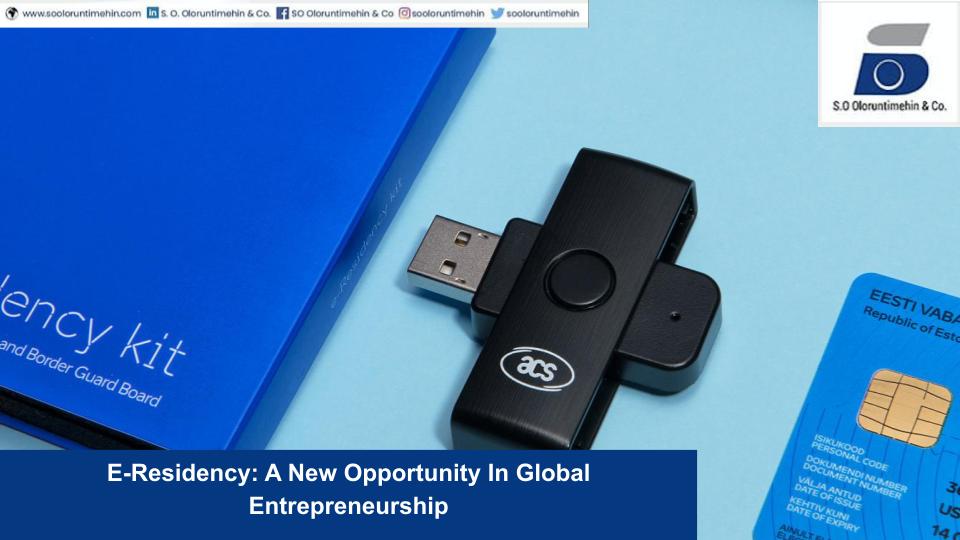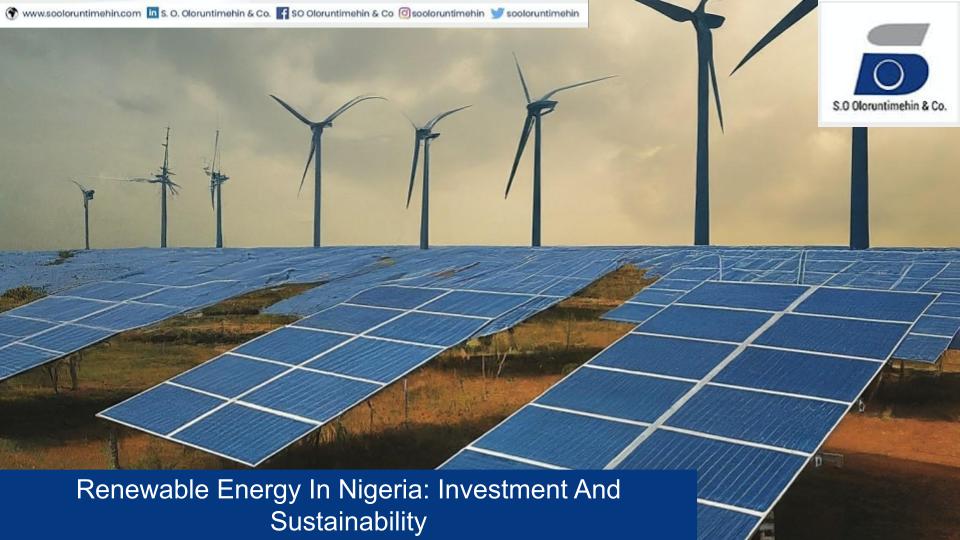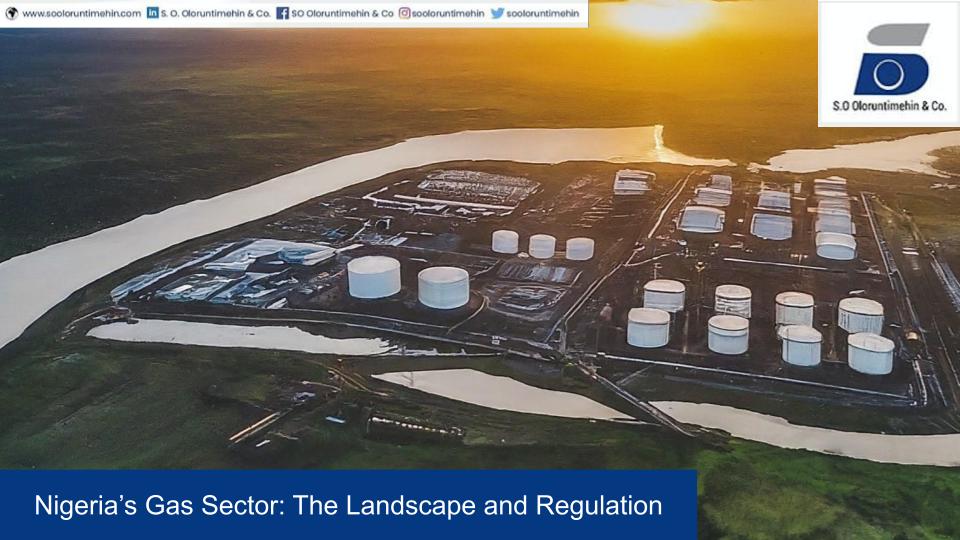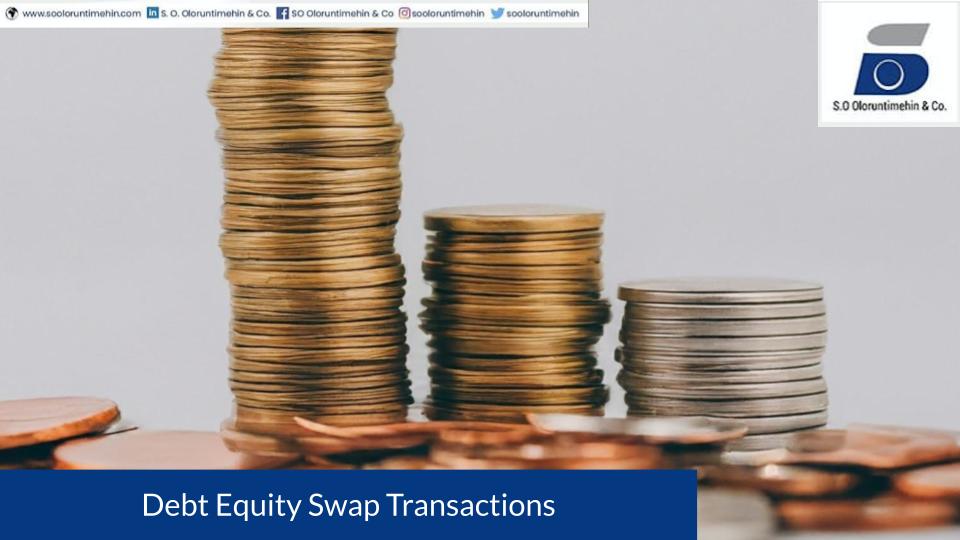
by fela | Mar 13, 2025 | Updates
Transfer pricing (TP) and cost-plus pricing are key strategies for multinational companies (MNCs) to allocate income and expenses between their subsidiaries in different countries, in a manner that complies with local tax laws. In Nigeria, like other countries,...

by fela | May 18, 2024 | Articles, Updates
E-residency has paved the way for innovative solutions that challenge traditional notions of entrepreneurship. E-residency stands out as a transformative initiative that is reshaping the global business landscape. This digital identity allows individuals to start and...

by fela | Feb 27, 2024 | Updates
Artificial Intelligence (AI) has become a transformative force in the business world, significantly impacting company valuations across various industries. As businesses increasingly integrate AI technologies into their operations, the effects on valuation are nuanced...

by fela | Feb 12, 2024 | Updates
Nigeria’s shift towards renewable energy aligns with global sustainability trends and domestic needs. This expanded analysis explores the complexities of Nigeria’s legal framework for renewable energy projects, underscoring both the opportunities for growth and the...

by fela | Feb 9, 2024 | Updates
Nigeria, recognized for its strategic geographical position and large population boasts significant natural gas reserves, ranking among the top in the world, estimated to be around 208.62 trillion cubic as of 2022, ranking 9th in the world and accounting for about 3%...

by fela | Dec 21, 2023 | Updates
The question of increasing equity capital to offset debt is done by swapping or conversion. The aim of this article is to clarify the key elements to take into consideration for this type of transaction. Introduction A debt equity swap involves a company’s creditor...








Recent Comments